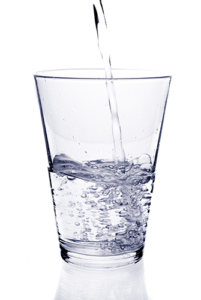 Keeping water clean begins with each of us—where we live, work and play, and with the simple daily actions we take. Here are a few ways you can make a difference to reduce pollution:
Keeping water clean begins with each of us—where we live, work and play, and with the simple daily actions we take. Here are a few ways you can make a difference to reduce pollution:
- Plant trees, shrubs and groundcovers, especially around surface water. Vegetation acts as a natural filter for runoff entering ponds, lakes or streams. Plants can also prevent shoreline erosion and keep soil from washing away.
- Maintain a healthy lawn. A dense, healthy lawn can be an excellent filter for pollutants. Before you apply fertilizers, test your soil so you apply only what you need. Use the right fertilizer, at the right time and in the proper amount.
- Clean up after pets. Dispose of pet waste in the garbage.
- Compost grass clippings, leaves and garden waste. When these materials are washed into streams and lakes, they decay, which in turn consumes oxygen fish and other aquatic animals need to survive.
- Practice integrated pest management (IPM) around your home and garden. IPM reduces pest problems through a variety of cultural, mechanical, biological and chemical methods. Try to eliminate chemical use or keep pesticide use to a minimum by using them only when other methods are not successful.
- Maintain your vehicles in good condition to prevent leaks such as oil or antifreeze. Spilled motor oil, gasoline and lubricants can contaminate wells and streams.
Visit www.auduboninternational.org for more conservation tips.




